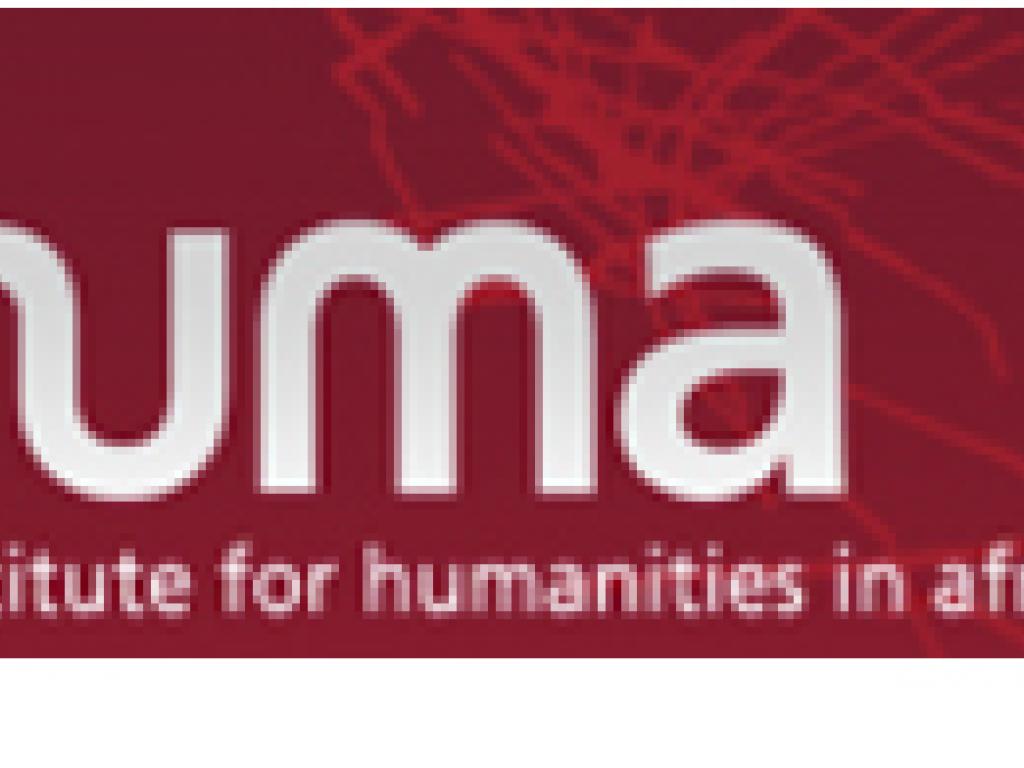HUMA to trigger lively debate


The Institute for Humanities in Africa (HUMA), an interdisciplinary institute which straddles the Faculties of Humanities and Law, is creating quite the buzz at UCT and further afield. Its aim is to trigger lively discourse across disciplinary and departmental divides, through a variety of initiatives and projects. HUMA, led by Professor Deborah Posel, will have three main objectives: to do and champion interdisciplinary research; to help produce South Africa’s next generation of scholars by creating a convivial intellectual community that welcomes postgraduate membership; and to run initiatives that will bridge the divide between the UCT academy and wider publics in Cape Town. “We want to do all these things mindful of our positioning in Africa, and of the relationships of connection and disconnection that being African entails—which fits in with UCT’s Afropolitan perspective,” Posel says. HUMA’s intellectual agenda will be guided by two specific (though broad) themes.
The first, On Being Human, encompasses enduring questions about our humanity that are central to many scholarly fields, and so will encourage that sought-after interdisciplinary input, explains Posel. The second theme will be Circuits of Consumption, tackling the question of consumerism in contemporary society and historically, and of human relationships to ‘stuff’ more generally, now and in the past. The UCT institute is the collaborative brainchild of Posel and the Faculty of Humanities, which (explains Dean Professor Paula Ensor) had been considering the establishment of such a unit since 2005. “HUMA is a long-overdue initiative to foster interdisciplinary scholarship at UCT,” says HUMA Associate Professor Shamil Jeppie. Of particular interest to him are the scholarly forays into yet unexplored areas. “There is a vision to work beyond the boundaries of the academy in Cape Town constituencies not usually reached from the hill,” he says. Posel and Jeppie were joined at HUMA by award-winning writer Jonny Steinberg and literary scholar Natasha Distiller.
Source: Mail and Guardian
